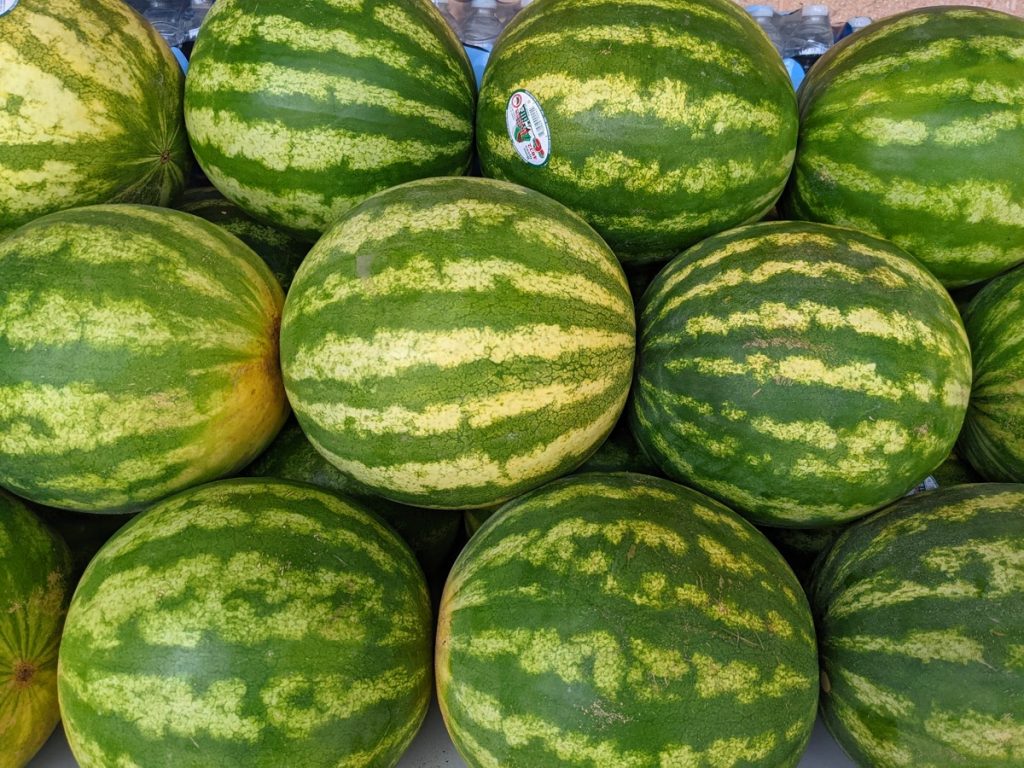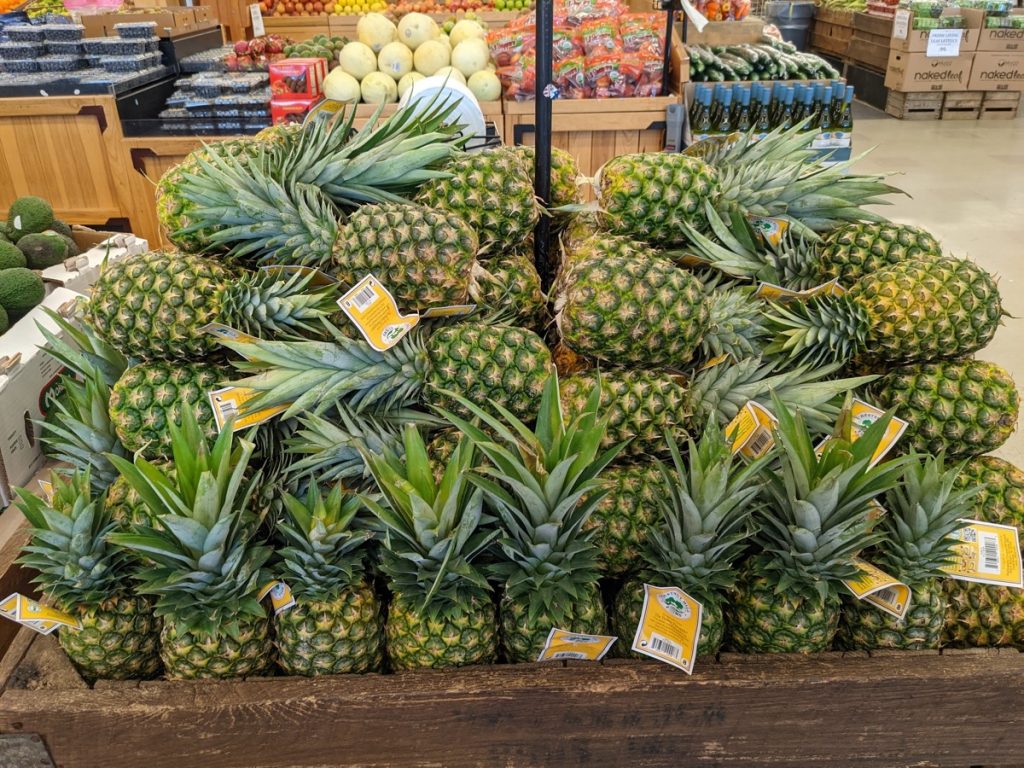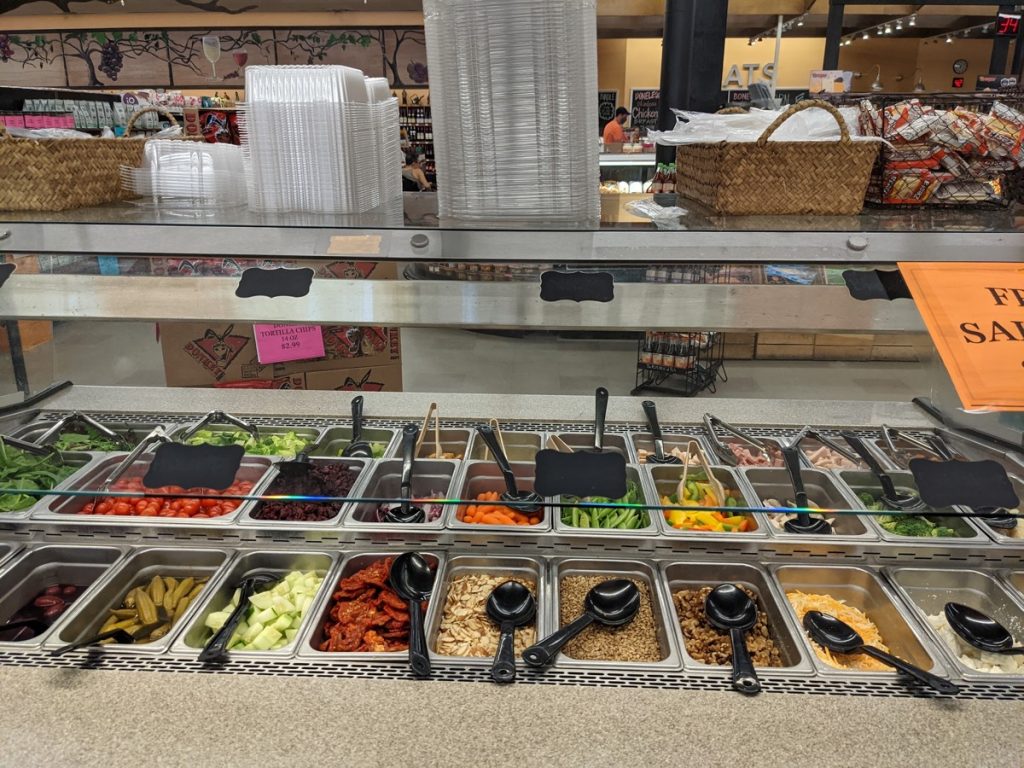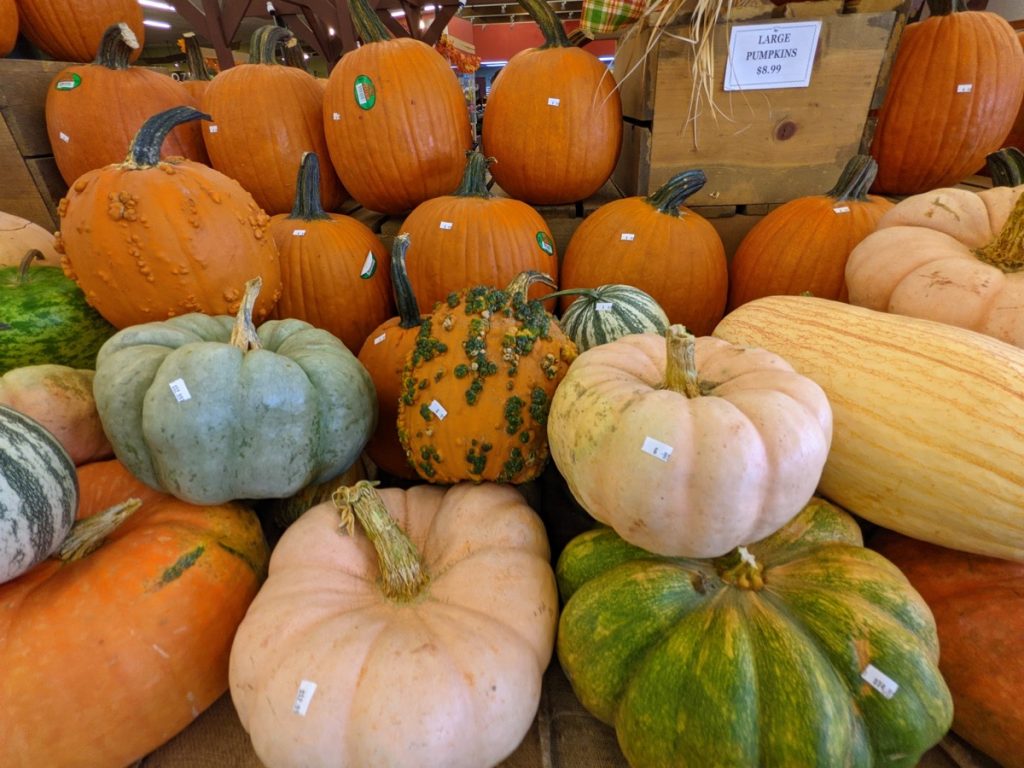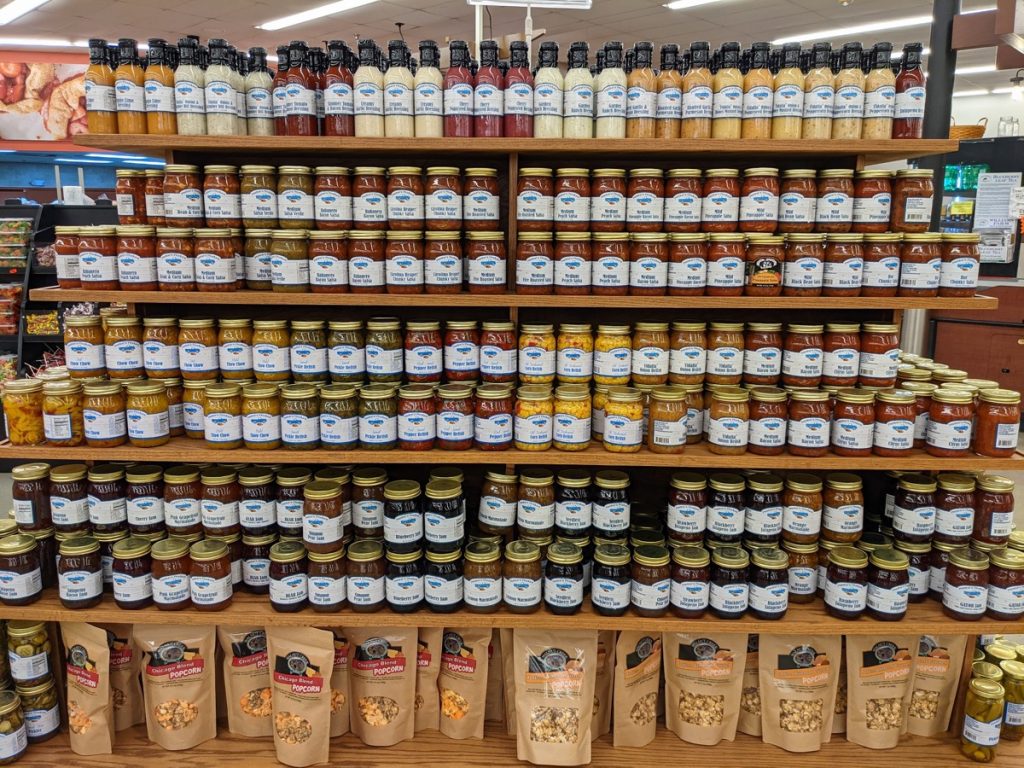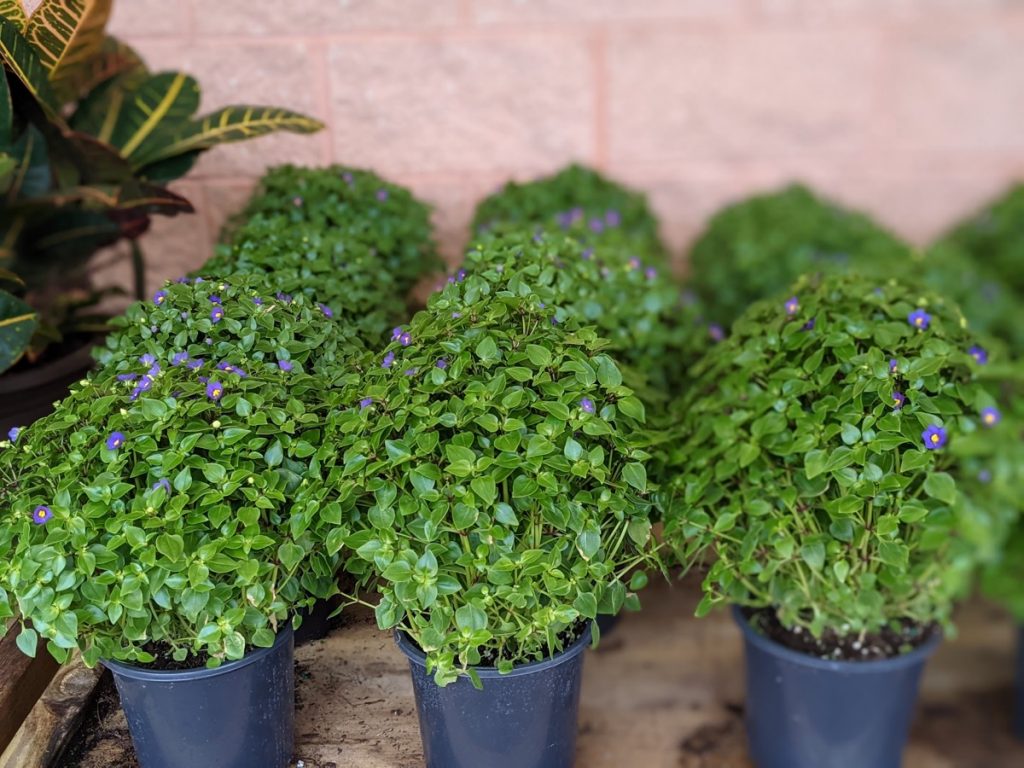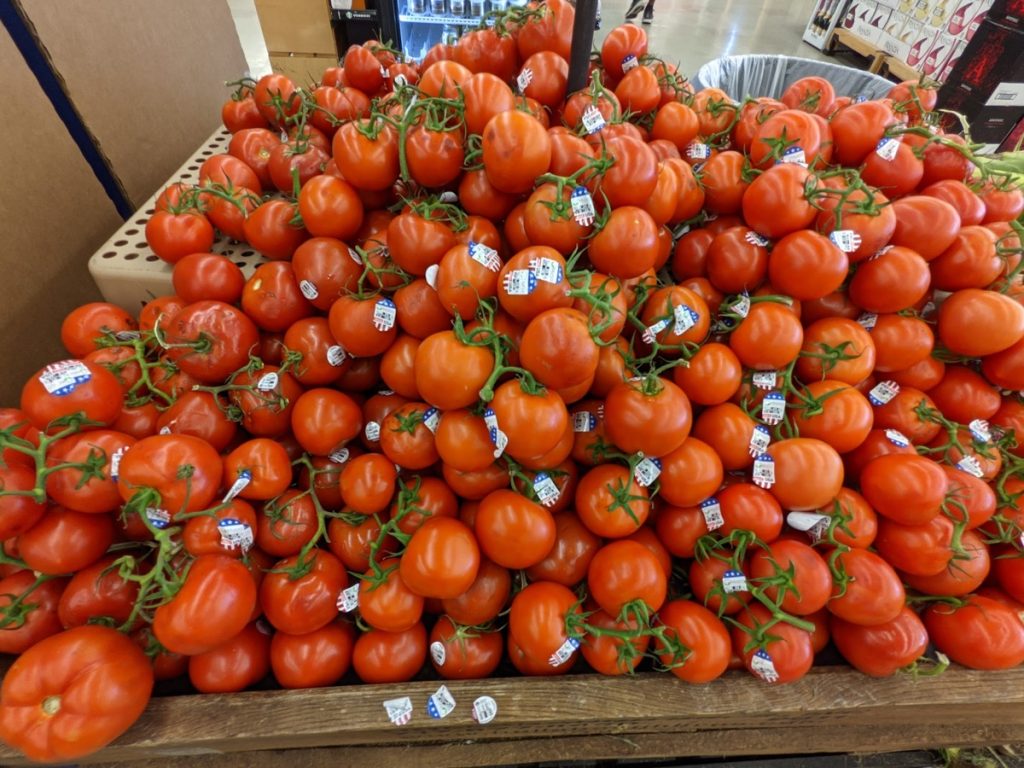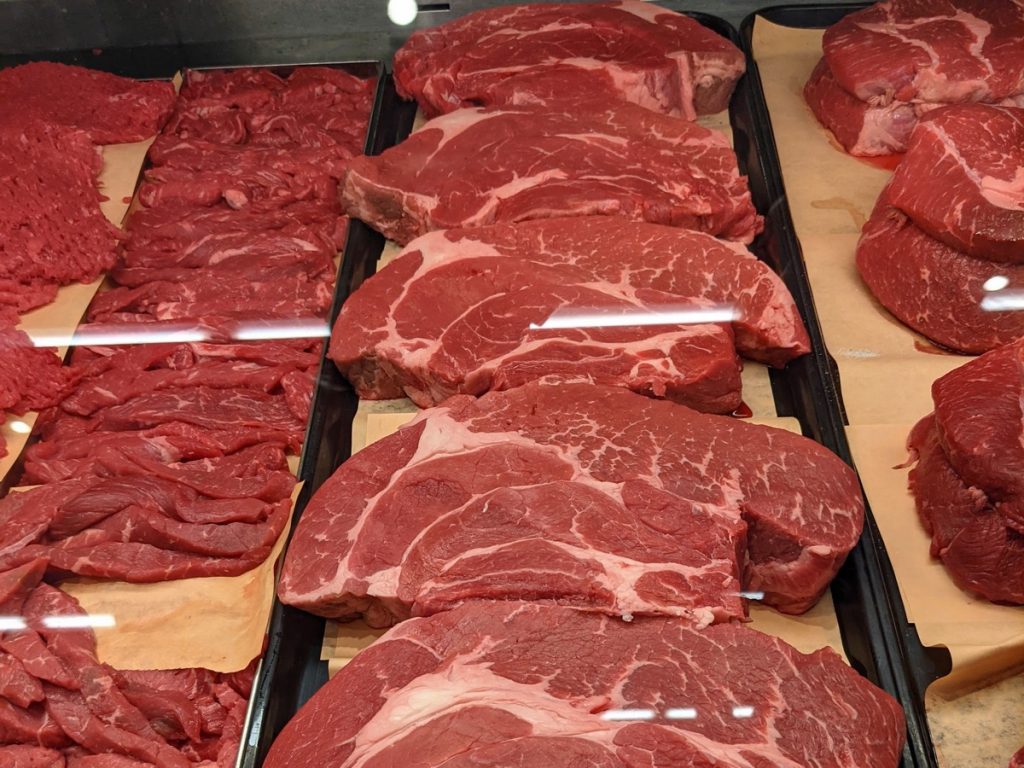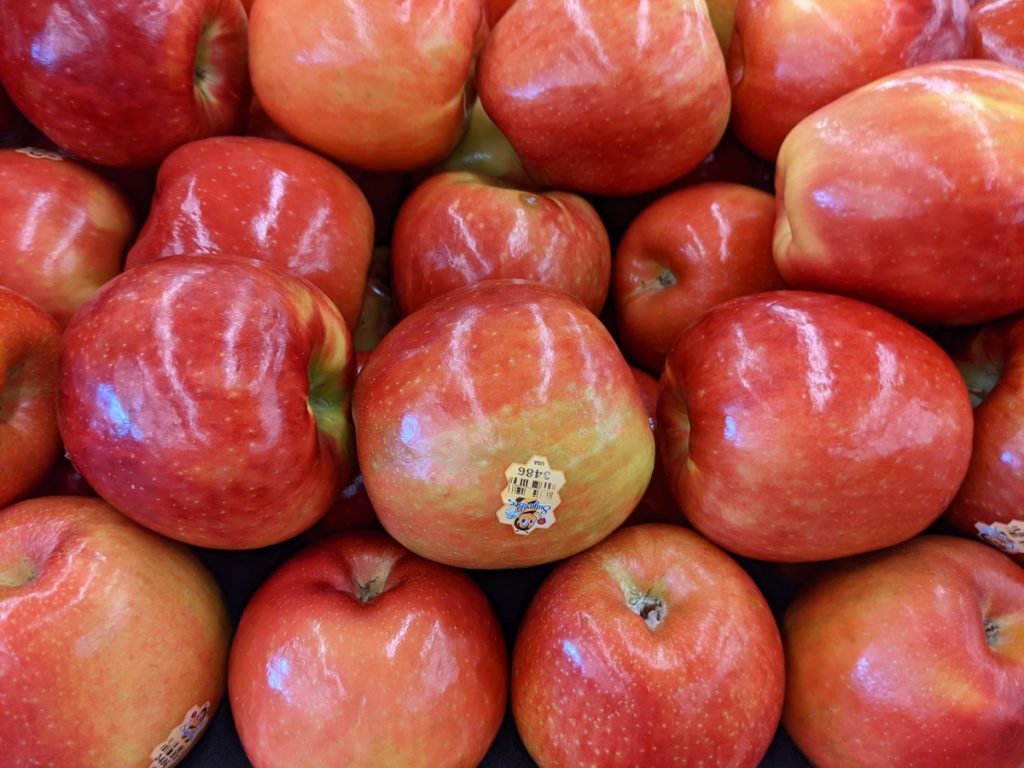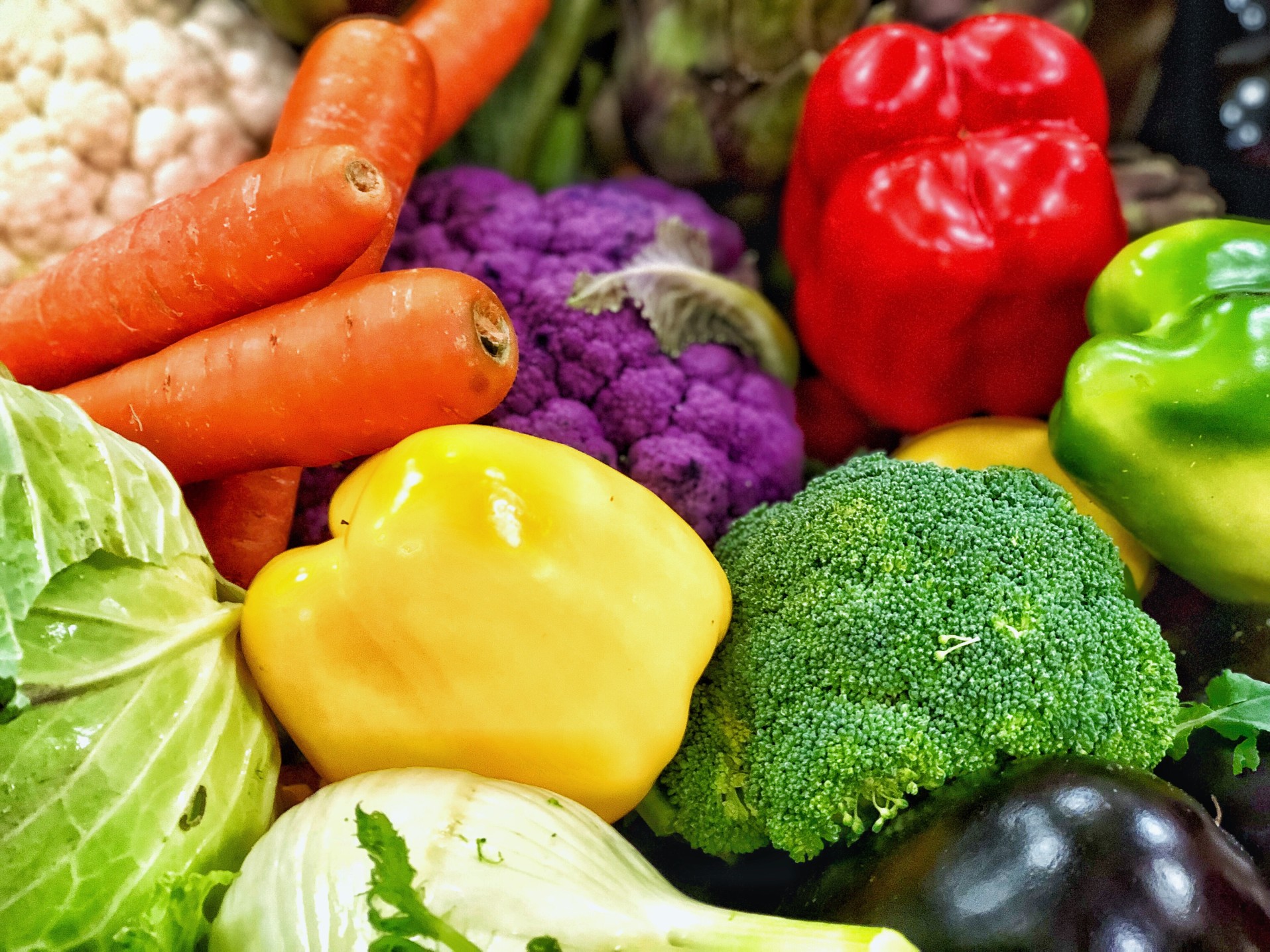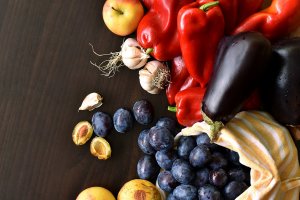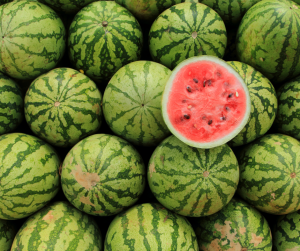So what’s the difference between organic and non-organic produce? Toxins can accumulate in our soil, our water supply and our bodies. So, the idea behind organic fruits and vegetables is to eliminate that nasty, toxic aspect from what we ingest. To be stamped with an organic label from the U.S, Department of Agriculture, produce cannot be grown with the use of any chemical pesticides or fertilizer. Additionally, farm animals must be kept free of growth hormones and antibiotics and allowed to graze and roam outdoors to produce organic meats and dairy products.
As far as the not-so-technical speaking aspects, like cost, taste, safety and nutrition, we may want to compare notes from the organic advocate camp and the non-organic campers…
Advocates of organic food will tell you that it is friendlier to the earth, kinder to animals, safer to ingest, better tasting and more nutritious than non-organic foods. Non-organic fans beg to differ, saying that organic produce, meats and dairy are not only much more expensive, they may not really be safer. The thought is that since organic fruits and vegetables aren’t provided the benefit of traditional pesticides, they may actually produce their own toxins for protection. The non-organic camp also believes that using more natural fertilizer, like manure, can lead to more cases of E coli and other potentially dangerous microbial health issues.
As far as nutrition, some studies indicate that organic produce may contain more vitamins, minerals and antioxidants, leading to a healthier life. There is, however, no actual proof that there is enough of an increase in all that good stuff to make a difference.
The bottom line, no matter which camp you prefer, is that fresh fruits and veggies are more nutritious and tastier…and that, my friends, is a fact. Another fact is that Perrine’s Produce always carries fresh, tasty produce, as well as deliciously fresh meats and dairy!

